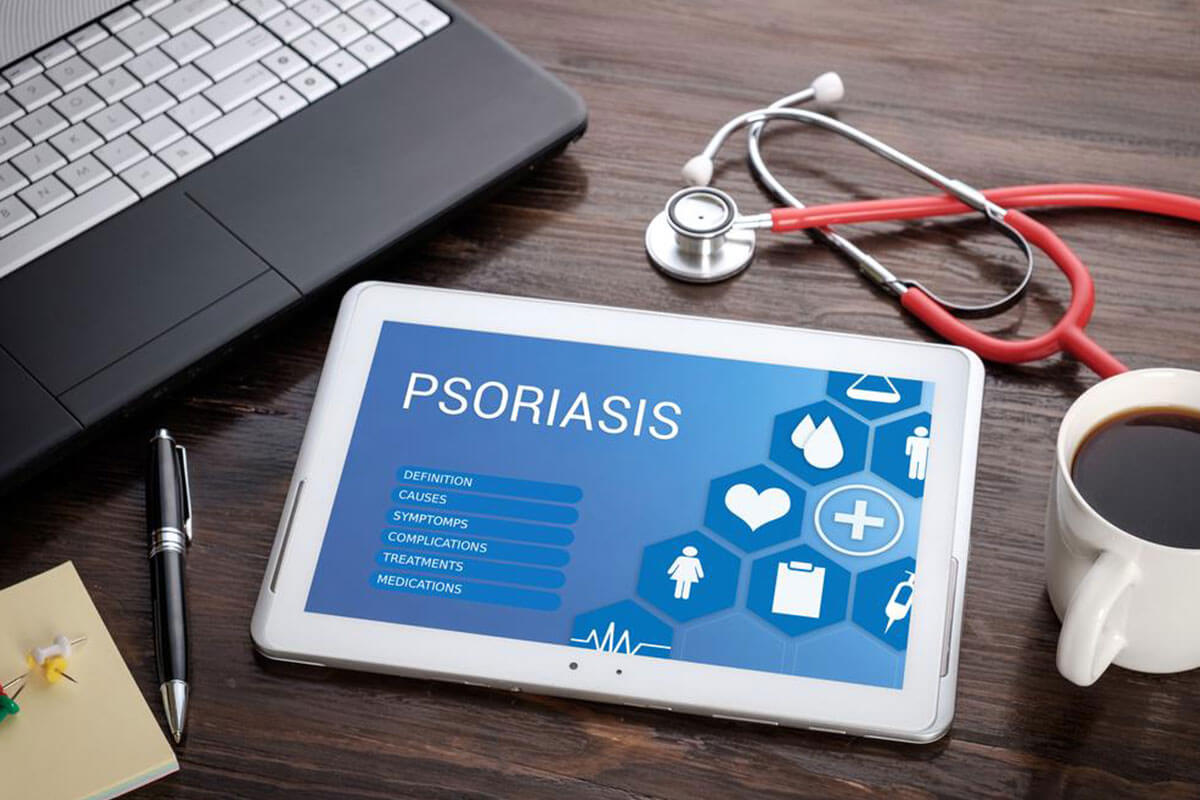Effective Strategies for Managing Psoriasis Symptoms
Learn about psoriasis, its symptoms, and effective treatment options. From topical solutions to systemic therapies, discover how to manage this chronic skin condition effectively and improve quality of life. Consultation with healthcare professionals is essential to choose the right treatment plan for your needs.
Sponsored

Managing Psoriasis: Treatment Options and Insights
Psoriasis is a chronic, unpredictable skin condition characterized by rapid skin cell growth—up to ten times faster than normal. This process results in red patches covered with white scales, often appearing on the scalp, elbows, knees, palms, soles, and torso. Many individuals seek reliable information to understand and manage this stubborn disorder.
Common Signs of Psoriasis
Individuals with psoriasis often notice red skin patches with silver scales. These patches can itch intensely, cause discomfort, and sometimes crack or bleed. Over time, plaques may grow larger and merge. Nail issues like pitting, discoloration, or detachment are also associated with psoriasis. The condition can manifest on the scalp with flaky, scaly patches.
Psoriasis may also lead to psoriatic arthritis, causing joint swelling and pain. Studies indicate that between 10% and 30% of psoriasis sufferers develop related arthritis.
Psoriasis is categorized into various types:
Pustular psoriasis: Characterized by white pustules on red, scaly skin, mainly affecting the palms and soles.
Guttate psoriasis: This form appears as tiny red spots, often triggered by infections or stress, and commonly affects children and young adults.
Inverse psoriasis: Presents as shiny, red lesions in skin folds like under breasts, groin, or armpits.
Erythrodermic psoriasis: Marked by fiery redness, skin shedding, and severe inflammation, often triggered by infection or medication withdrawal. Immediate medical attention is necessary.
Managing psoriasis involves treatments to reduce symptoms, as there is no definitive cure. The condition tends to cycle between flare-ups and remission periods.
Approaches to Alleviate Symptoms
While psoriasis is chronic and recurrent, various treatments can ease symptoms. Topical applications provide quick relief, including salicylic acid which helps shed scales, and steroid-based creams to reduce inflammation and itching. Consulting with a dermatologist is advisable to choose appropriate treatments, including vitamin D analogs like calcipotriene, which can be combined with corticosteroids for better results. Other options include coal tar products, which slow skin cell growth, and prescription retinoids derived from vitamin A. Systemic drugs like methotrexate and biologic therapies may be prescribed for severe cases. Light therapy and natural remedies—such as aloe vera, oils, and Dead Sea salts—can also support symptom management. Accessing accurate information online can help you determine the most suitable treatment approach tailored to your needs.






